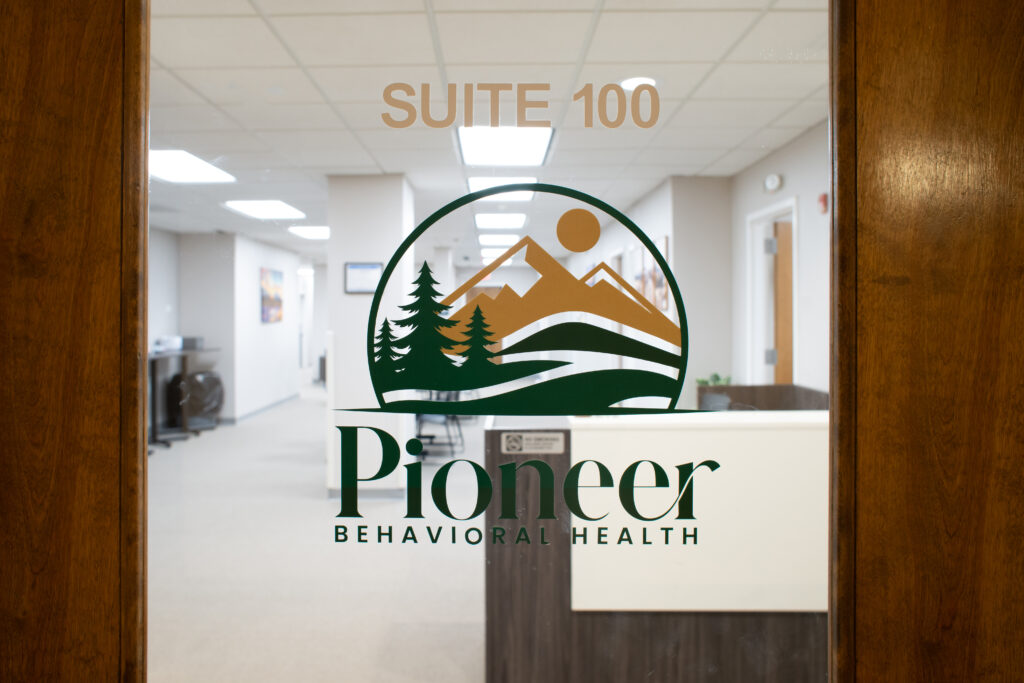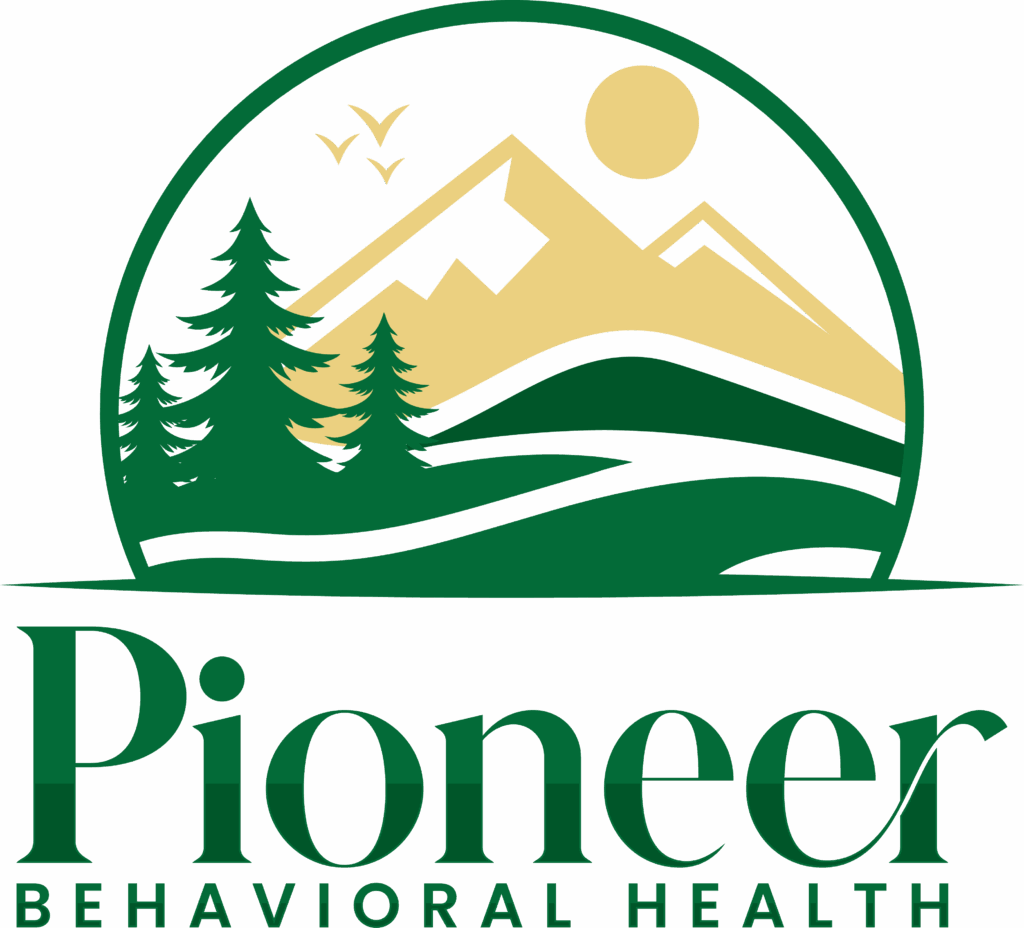Partying is often seen as a rite of passage—a way to have fun with friends, let loose, and create lasting memories. But beneath the excitement, there’s a hidden risk: the potential for drug use to spiral into something more serious.
What may start as occasional indulgence can quickly become a habit, leading to consequences that affect every area of life. Understanding how and why this happens is essential to staying in control and maintaining a balanced lifestyle.
How Partying Can Lead to Drug Abuse
The lights are flashing, the music is loud, and the energy in the room is electric. In moments like these, it’s easy to get caught up in the excitement—and sometimes, that excitement involves trying drugs. Whether it’s to enhance the experience, fit in with friends, or satisfy curiosity, using substances can feel like just another part of the party scene.
In many social circles, drug use can seem almost normal. People often share stories of their wildest nights, where substances played a starring role, making it seem like drug use is just part of the fun. For many, it starts this way: an occasional pill, a line, or a hit, taken only when the party is in full swing. At first, it might feel harmless—just something to boost the night’s excitement. But what begins as occasional use can quickly become more frequent, blurring the line between fun and dependence.
When the Line Blurs
The shift from casual use to dependence often happens gradually. What starts as a weekend activity might begin to feel like a necessity. You may find it harder to enjoy social events without using substances, and as your tolerance builds, you need more of the drug to achieve the same effect.
This is where the line between partying and drug abuse begins to blur. Using substances “just for fun” can become a habit, and that habit can start to take over. You may notice that you’re spending more time and money on drugs, planning your nights around getting high, or even using substances alone to chase that familiar feeling. When partying starts to take priority over responsibilities, relationships, and well-being, it’s a clear sign that things are getting out of hand.
The Impact on Your Life

As drug use escalates, the effects ripple through every aspect of life. Emotionally, you may experience mood swings, heightened anxiety, or feelings of depression. Physically, the highs may become shorter and the crashes more intense, leaving you feeling drained and unmotivated.
Relationships often suffer as well. Friends who don’t use may distance themselves, while loved ones may express concern about your behavior. Trust and communication can break down, creating feelings of isolation and guilt. Your performance at work or school may decline as it becomes harder to focus, meet deadlines, or stay motivated. Over time, the toll on your physical and mental health becomes impossible to ignore, turning what once seemed like harmless fun into a trap that’s difficult to escape.
Recognizing the Red Flags of Drug Abuse
Being honest with yourself is the first step toward regaining control. Consider these questions:
- Do I need drugs to have fun or feel comfortable in social situations?
- Am I using substances more frequently or in larger amounts than before?
- Have I tried to cut back or stop, but found it difficult?
- Is my drug use affecting my relationships, work, or health?
If you answered “yes” to any of these questions, it might be time to reassess your relationship with substances. Recognizing the signs of drug abuse early on increases your chances of making positive changes before things get worse.
Finding a Balance
Maintaining a social life without falling into the trap of drug abuse is possible by finding balance and making choices that support your well-being. One essential step is knowing your limits and setting clear boundaries. If you choose to drink, do so in moderation and avoid experimenting with drugs.
Sticking to these limits can help you enjoy social events without compromising your health. It’s also important to have an exit strategy for situations where you feel pressured or uncomfortable. Planning how to leave or politely decline offers can help you stay confident and in control.
Surrounding yourself with supportive friends is another key to maintaining a healthy social life. Spend time with people who respect your choices and encourage positive habits—true friends won’t pressure you to use substances.
Lastly, explore alternative ways to have fun that don’t involve alcohol or drugs. Activities like hiking, playing sports, attending live music events, or pursuing creative hobbies can provide excitement and connection without relying on substances. By making mindful choices and seeking out fulfilling experiences, you can enjoy a vibrant social life while staying true to your goals.
Seeking Help if You Need it

If you’re finding it difficult to break the cycle of drug use, remember that help is available. Whether it’s talking to a counselor, joining a support group, or seeking professional treatment, there are resources that can help you regain control. Asking for help is a sign of strength, not weakness, and taking that first step can set you on the path to a healthier, more fulfilling life.
Recognizing that you need support is the first step. The next step is reaching out. Whether you’re struggling with cravings, emotional challenges, or the fear of relapse, professional treatment can provide the tools and guidance you need to move forward. The sooner you seek help, the sooner you can start rebuilding your life.
Drug Abuse Treatment That Works
If you’re experiencing signs of drug abuse or aren’t sure if you’re on the right path, Pioneer Behavioral Health can help. Our comprehensive programs are designed to support recovery. They provide personalized care, evidence-based therapies, and compassionate guidance to help individuals break free from addiction.
Don’t wait until things get worse—reach out for help today and take the first step toward a healthier, more fulfilling future.

